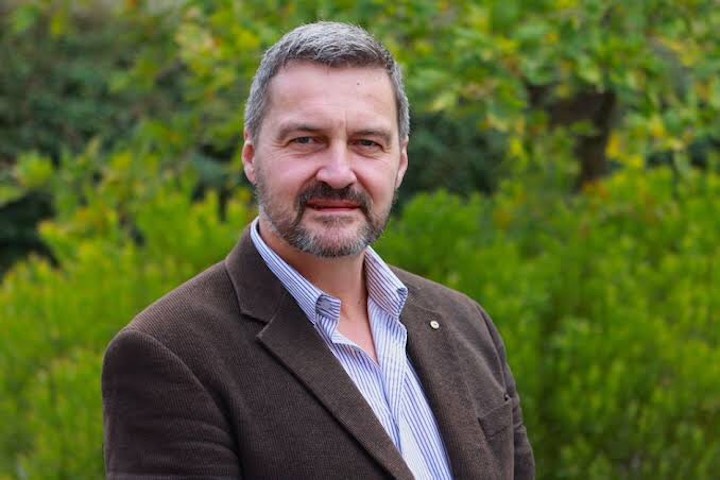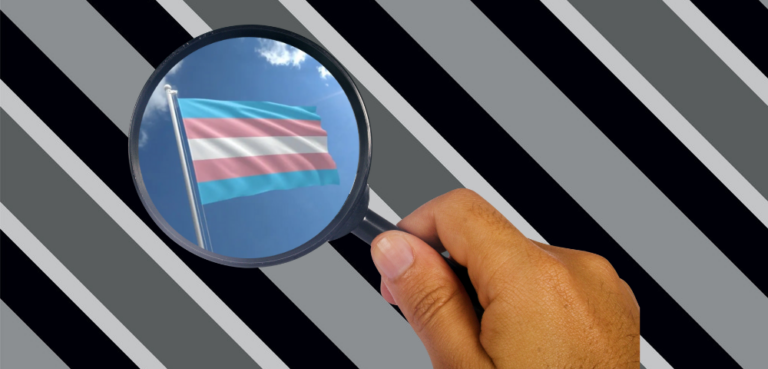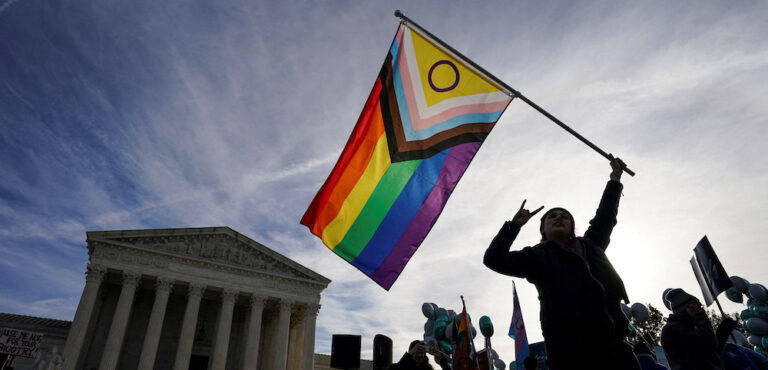
India’s blessing in disguise
Kerala-raised Binu, 31, believes the extended judicial debate on decriminalising homosexuality is a blessing in disguise for India’s gay and lesbian population.
The [Section] 377 legal challenges have sparked considerable discussion on homosexuality, he said.
As the courts continue to stall on changing the law, this allows society the opportunity to change their views and realise gay people are normal. When society broadly accepts homosexuality, this will be the time when the legal challenge will also succeed.
Having society accept gay people is almost more important than having the law changed.
Section 377 of the Indian Penal Code, a British law from 1860, criminalises, carnal intercourse against the order of nature.
In December 2001 the Naz Foundation, an NGO dedicated to HIV/AIDS awareness, filed a suit in the Delhi High Court to amend Section 377 to legalise consensual sex between same-sex partners.
The Government argued that, because same-sex relations were never prosecuted, there was no violation of freedom and the laws were used to, punish abuse to children and to complement lacunae in the rape laws.
In September 2004, the High Court rejected the suit, stating the validity of laws can’t be challenged by people unaffected by them. The Naz Foundation appealed to the Supreme Court, which ruled the High Court can consider the petition.
After several hearings in the High Court in 2008, the petition is yet to be ruled on. A group of NGOs, under the name Voices Against 377, has thrown its weight behind the Naz Foundation’s initiative.
These cases created a snowball effect: the longer it continues, the more intense the public campaign has become.
Health Minister Anbumani Ramadoss supported the petition, putting him at odds with Home Minister Shivraj Patil. This has forced Prime Minister Manmohan Singh to intervene.
In June last year, New Delhi and Bangalore joined Kolkata in hosting their first Pride parades. Parade spokesman Ranjit Monga said, No one would’ve believed 10 years ago a gay parade was possible in Delhi.
Writer Vikram Seth and Bollywood actors are now saying they don’t accept 377. Also traditionally the gay character in Bollywood films would be a -˜funny’ person but now the character is more real, Binu said.
Manavendra Singh Gohil, from the Rajpipla royal family, publicly announced his sexuality in 2006. Gohil, who now devotes his time to raising awareness of HIV/AIDS, said in 2007, I wanted people to discuss homosexuality, which was always considered a taboo.
In a letter demanding 377’s repeal, Indian thinker Amartya Sen pointed out that the statute perpetuates the idea that homosexuality is perverse.
Binu agrees. When I grew up, homosexuality was only understood as men having sex with men, because society was focused on the family and traditions.
But now there’s more depth of understanding that being gay is also about loving same-sex relationships.
Binu lives in Sydney with his partner and has marched with the South Asian group, Salaam Namaste, in Mardi Gras.
I have a sense of achievement when I march. If other South Asians see the group and see how comfortable we are, then hopefully it helps them also.










The case at Delhi High Court also drew much attention in the neighbour country Bangladesh. If Delhi High court orders Indian government to ammend section 377 to decriminalise homosexuality, the LGBT activists in Bangladesh will also be encouraged to go to their court to decriminalise homosexuality in Bangladesh. Bangladesh inherited the same section 377 of the penal code from the British rule.
In the south Asia region, Nepal is the most advanced country in this regard. The Supreme Court of Nepal already ordered Nepal Government to ammend laws to decriminalise homosexuality. The court also directed the Nepal government to ammend laws to ensure equal rights of LGBT people in their country.